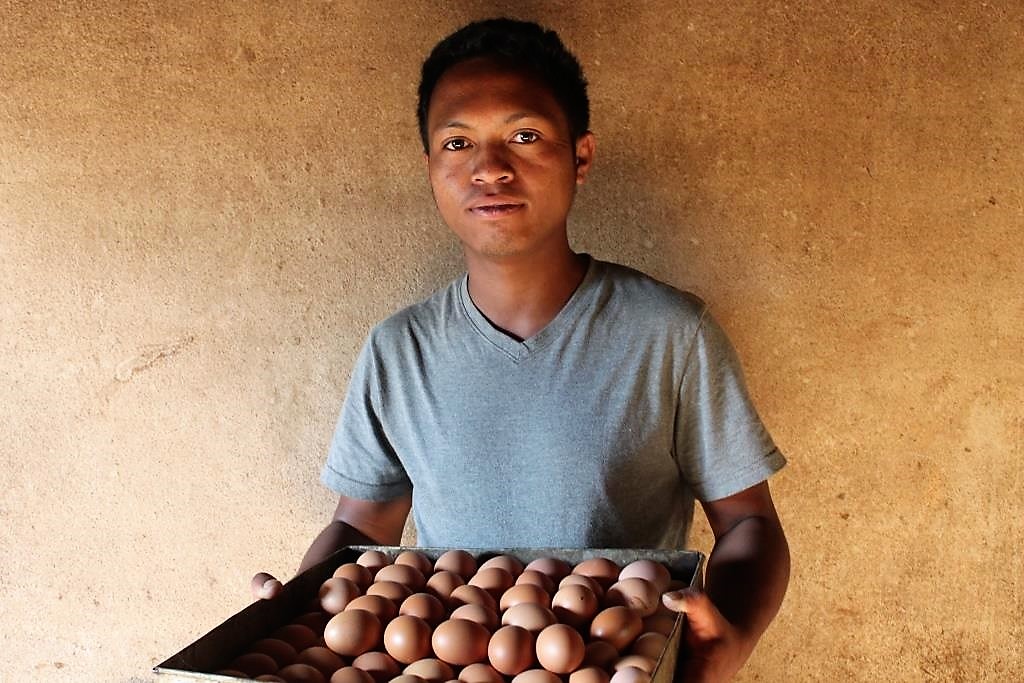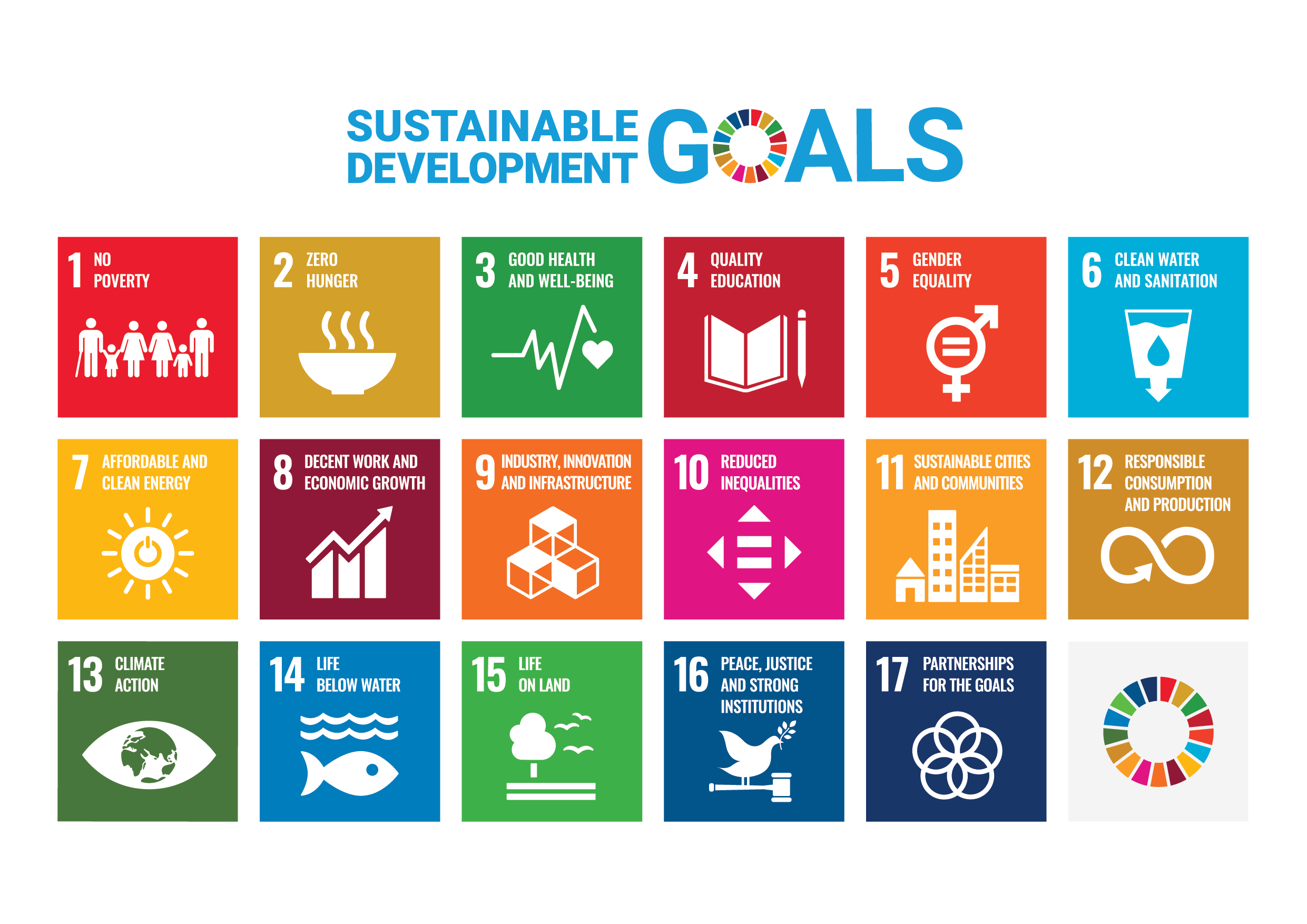Time of Fast
The Time of Fast Fund (TOF) is an annual International Y’s Men’s fund raising programme which began as monetary assistance made available to areas of developing countries by arrangement with the World Alliance of YMCAs.
TOF is now a popular programme where Y’s Men members all over the world, traditionally give up at least one meal (usually during the month of February) and donate the cost of that meal to the TOF fund which in turn makes the money raised in this way available to projects sponsored by both Y’s Men and the YMCAs all over the world. Since its inception in 1972 to date, TOF has raised about US$ 7 million for development projects and disaster relief.

It’s been helpful to get advice from the trainer, e.g., how to administer antibiotics and other medicines to the hens. The life skills module has stayed with me, and the entrepreneurship sessions have been useful – I’ve started to apply these. With 50 hens, I now earn 80,000 Ariary (approx. USD 25) per month as profit. But I have also diversified and make biscuits from the eggs that the hens lay. I have an oven where I bake the biscuits and then sell them on to grocery stores.
– Rivo
Anjepy, Madagascar
Sustainable Development Goals
TOF supports self-development projects in line with the United Nations Sustainable Development Goals (SDGs) for long-lasting, positive social impact.
Videos
Funding Applications
Projects applications are accepted from affiliated clubs (Y’s Men, Y Service, Y’s Women, Y’s Men and Women), YMCAs and recognised YMCA affiliates. If the application is from a YMCA or affiliate, it must be endorsed by an affiliated club, District, Region or Area in which the project is located.
TOF projects must satisfy all of the following criteria:
- Deal directly with needy people and/or those who provide for them
- Improve the recipient’s quality of life, directly or indirectly
- Be of the self-help variety
- Have on-going funding or be self-funded after set-up
- Address at least one of the United Nations’ Sustainable Development Goals.
Maximum funding per project is set at CHF 15,000. Applications for funding close annually on 15 March.
For more information, please contact us.
History
TOF began as an idea of Vivret Norman from Waterloo, Iowa in 1969. An intitial programme outline and draft policy statement was prepared by the Human Crisis Committee (a group that had been formed earlier that year to address – among other things – poverty, racial discrimination, and denial of basic human rights).
A statement based on Vi’s ideas was presented and accepted at the 46th International Convention in Copenhagen, Denmark (the first outside the North American continent) in July 1970. It outlined a plan in which club members would give up a meal, ideally, around the time of founder, Judge Paul William Alexander’s birthday on 8 December and give the equivalent cost to a specified international fund to help finance projects of the YMCA which also addressed the goal’s of the commission.
The first international “Fast Day” was held on 13 December 1970, raising USD 3 974 which was donated to the World YMCA for its refugee programme.
Purposes & Objectives
Time of Fast projects have clear and timely impacts at the local level, improving the everyday lives of beneficiaries in a sustainable manner.
They encourage deeper systemic and enduring changes that help YMI in “building a better world for all humankind,” which is our primary mission.
Funding
Time of Fast projects are primarily funded from annual donations made by our clubs. But contributions from external friends and partners are always welcome.
Fundraising targets are set every year by the incoming International President in cooperation with the Areas and Regions. These are based on past performance, current economic climate, project priorities.


